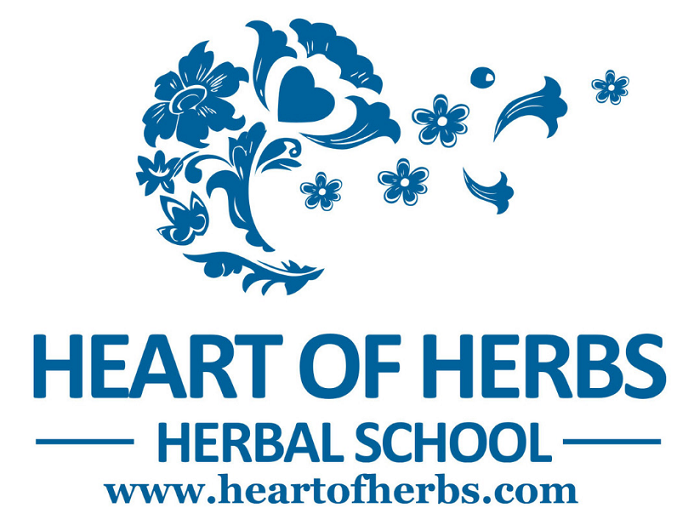Herbs for Inflammation
What is Inflammation
Inflammation is a natural physiological response that occurs in the body as a protective mechanism against injury, infection, or harmful stimuli. It is a complex process involving the immune system, blood vessels, and various cells and molecules.
When tissue is damaged, or the body detects the presence of harmful substances, the immune system is activated. The immune cells release chemical signals, such as cytokines and histamines, that cause blood vessels to dilate and become more permeable. This increased blood flow, and permeability allow immune cells, nutrients, and fluid to reach the affected area, initiating the healing process.
Signs and Symptoms of Inflammation
The signs and symptoms of inflammation can vary but commonly include redness, swelling, heat, pain, and sometimes loss of function in the affected area. This is known as acute inflammation and is typically a short-term response that resolves once the underlying cause is eliminated or healed.
In some cases, however, inflammation can become chronic. Chronic inflammation is a prolonged and persistent inflammatory response that can occur due to factors like ongoing infections, autoimmune disorders, prolonged exposure to irritants, or inappropriate immune response. Chronic inflammation can damage tissues and organs over time and is associated with various diseases, including rheumatoid arthritis, inflammatory bowel disease, asthma, cardiovascular diseases, and certain cancers.
It’s important to manage and treat inflammation appropriately to prevent further damage and promote healing. In some cases, anti-inflammatory medications may be prescribed. Still, lifestyle changes such as maintaining a healthy diet, regular exercise, stress management, and avoiding smoking or excessive alcohol consumption can also help reduce inflammation.
Herbs for Inflammation
There are numerous herbs known for their anti-inflammatory properties. Still, it’s important to remember that consulting with a healthcare professional before using any herbal treatment is highly recommended. Here are some commonly used herbs for inflammation:
Turmeric (Curcuma longa)
This herb contains curcumin, a compound with powerful anti-inflammatory properties that may help alleviate inflammation in conditions like arthritis, inflammatory bowel disease, and other chronic inflammatory conditions.
Ginger (Zingiber officinale)
Ginger has anti-inflammatory and analgesic properties, making it a useful herb for osteoarthritis, muscle pain, and migraines.
Boswellia (Boswellia serrata)
Also known as Indian frankincense, boswellia contains boswellic acids with anti-inflammatory effects. It is commonly used for joint conditions such as rheumatoid arthritis and osteoarthritis.
Green tea (Camellia sinensis)
Green tea contains catechins, polyphenols that have anti-inflammatory properties. Regular consumption of green tea may help reduce inflammation and lower the risk of chronic diseases.
Rosemary (Rosmarinus officinalis)
This herb contains rosmarinic acid, which has antioxidant and anti-inflammatory effects. It can be used topically or consumed as a tea to help reduce inflammation.
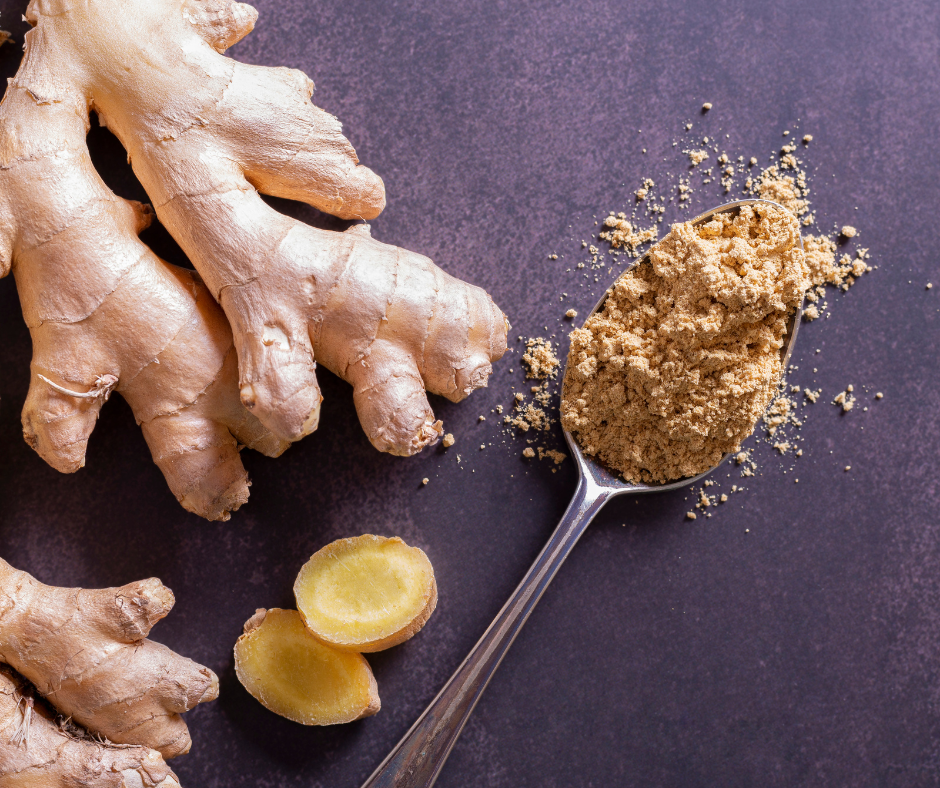
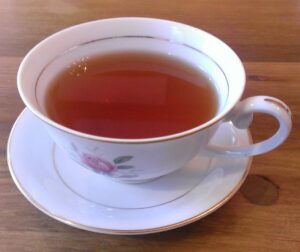
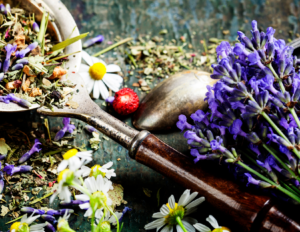
Garlic (Allium sativum)
Garlic contains allicin, a compound with anti-inflammatory properties that may help reduce inflammation and lower the risk of chronic diseases like cardiovascular disease.
Echinacea (Echinacea spp.)
Known for its immune-boosting properties, echinacea also has anti-inflammatory effects and can be used to alleviate symptoms of upper respiratory tract infections and other inflammatory conditions.
Devil’s claw (Harpagophytum procumbens)
This herb has traditionally been used to treat inflammatory conditions such as arthritis and lower back pain, as it may help reduce pain and inflammation.
Cat’s claw (Uncaria tomentosa)
Cat’s claw has immune-modulating and anti-inflammatory properties, and has been used in traditional medicine to reduce inflammation associated with autoimmune conditions like arthritis.
Chamomile (Matricaria chamomilla)
Chamomile has both anti-inflammatory and soothing properties, making it useful for reducing inflammation and promoting wound healing when used topically or as a compress.
Remember to always consult with a healthcare professional or qualified herbalist before using herbs for inflammation, especially if you have underlying health conditions or are taking medications. They can provide personalized advice and guidance based on your specific situation.
Disclaimer
Disclaimer Blog
The information presented on the Heart of Herbs Herbal School/Demetria Clark websites is for educational purposes only. Heart of Herbs Herbal School/Demetria Clark Education LLC makes neither medical claims nor intends to diagnose or treat medical conditions. Links to external sites are for informational purposes only. Heart of Herbs Herbal School/Demetria Clark neither endorses them nor is in any way responsible for their content. Readers must do their own research regarding the safety and usage of any herbs, recipes, or supplements.
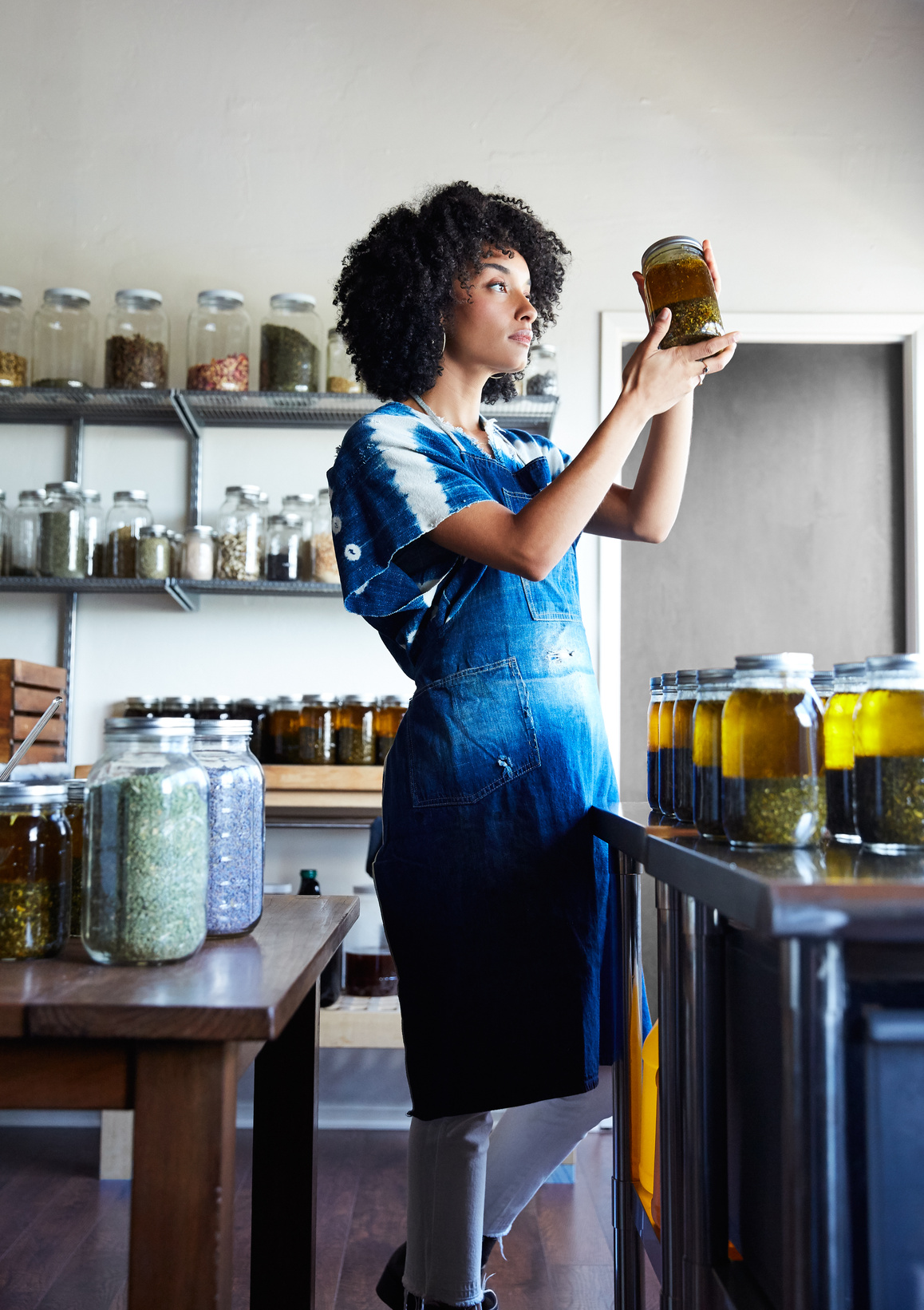
Come Join Us!
At Heart of Herbs Herbal School, we support you on your herbal journey. We update resources, respond to emails, and schedule phone calls with students when needed. Feel supported while you pursue your herbal studies from the comfort of your own home.
We believe in support, mentorship and connection.
Our programs are self-paced, and you can start as soon as you sign up!
